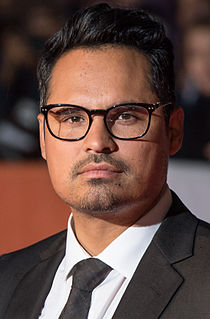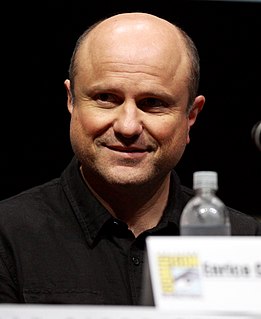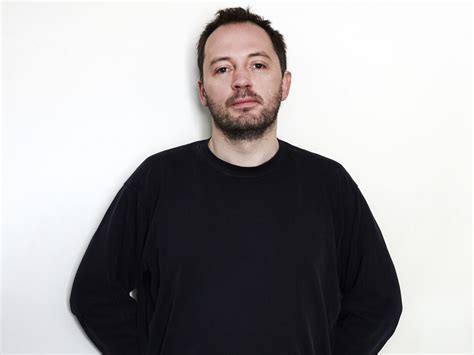A Quote by Michael Pena
I think about where I grew up and how I grew up: my dad was making $25,000 a year. Taking a chance wasn't really taking a chance. It was like you were going for something better. To me, there wasn't that much risk involved.
Related Quotes
Fashion is something that brought me closer to my family as I grew up. It's something that was deep inside me, in my roots, and I started taking more interest as I grew older because it reminded me of my mother and my grandmother. It's not something I take lightly, and I'm going to be open about it.
In Toronto, I grew up taking a subway, I grew up taking a bus. I spent my formative adult years in New York City, walking the streets, taking the subway. You're connected to the larger whole. L.A. is so spread out, and you're so incubated inside those cars and it's so exhausting to deal with the traffic, without really having the human contact.
My grandpa was the one; he started taking up golf when I was about two and introduced me to the game as far as just taking me to the driving range where I grew up playing. That was really all he had to do was let me hit a golf ball and kind of fell in love with it from there. He didn't really have to teach me a whole lot or anything.
I mean, I've always felt like a lot of people's misconceptions of me have to do with how I grew up. I grew up poor, and I grew up rich. I think some people who have never met me have a misconception that when I was living with my father when he was successful, that I was somehow adversely affected by his success or the money he had and was making at the time.
I think that people all grow up and have their same personalities, but you can say, "Oh, I can see the roots of this personality, which I didn't like, but then you grew up, and I can still see you as that person, but I do really like you now." Which is sort of how I feel about children - I mean, about children who I knew when I was a child and grew up with, and they're still my friends, and children that I know as children who I see growing up, and every year I like them more.
My dad was an alcoholic and my mother...we didn't have any money and I grew up really poor. I watched them spend all of their money on cartons of cigarettes and stuff like that and I didn't understand how if we were broke and we couldn't afford Christmas presents, why could you smoke all of those cigarettes? It's not like they are making you better...they are killing you. It seemed real idiotic to me.
I think growing up, we always try to make sense of who we are, what we go through, and I grew up in a very religious household. I interpreted what was wrong with me through religious language and I concluded, probably because of a combination of forces around me, that there was something in me that God didn't like or was unhappy with. Since these problems were in large part congenital, that meant that I was doomed from the beginning. I didn't have a chance.


































